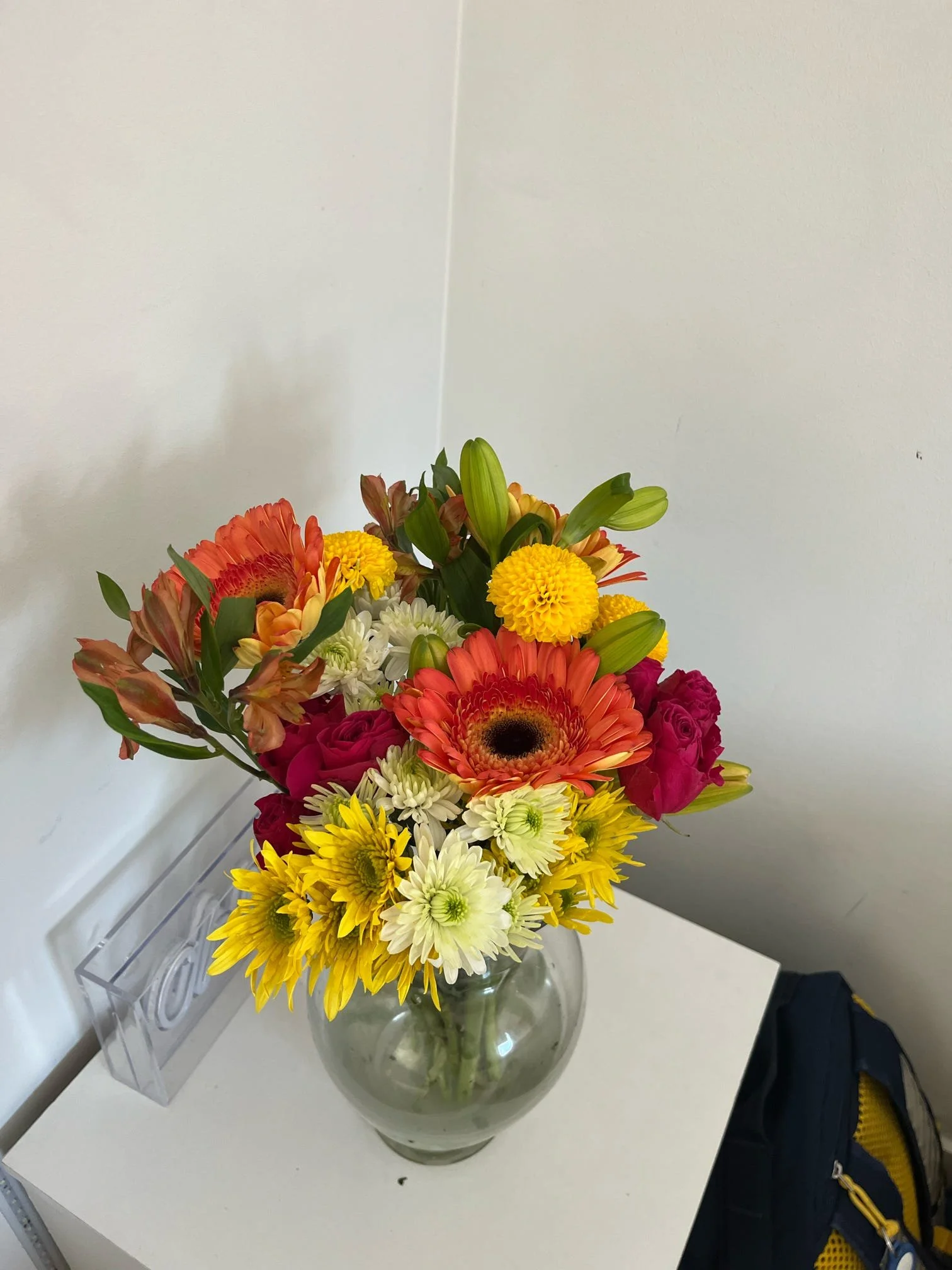The Double-Edged Sword of Empathy
October 10th, 2025
Writer: Eve Collon
Editor: Sloan Spiewak
Empathy is often described as the feeling of putting yourself in someone else's shoes. But what happens when you start to wear those shoes more than your own?
Objectively, empathy is a beautiful quality. One that allows forgiveness, respect, and patience. Everyone possesses a different level of this trait. But, similar to many pieces of life, too much of a good thing can become negative.
In my personal experience, this vast characteristic finds a way to do more harm than good every so often. An excess amount of empathy can result in my own mental health taking a hit. More times than I would like to admit, I’ve felt tears rolling down my face when unfortunate events fall upon others in my life. Regardless of their importance to me or the weight of the circumstance, my heart always tends to be two steps in front of my head, and strong emotions take over before logic can. I attribute part of this feeling to my innate people-pleasing tendencies. I worry more about others before I prioritize myself. On occasion, I wonder what life would be like if my heart weren’t so vulnerable. I dream of not worrying so vigorously about situations that I have no control over.
My emotions, specifically related to empathy, might be more reactive than the person sitting next to me at any given moment, but it isn’t necessarily a weakness all of the time. The ability to care so deeply is simultaneously a beautiful thing. Although it has the potential to chew through my head at times, I have the aptitude to serve as a shelter for individuals going through both the peaks and valleys of emotion. I’ve made it a goal to live in a happy medium. By not giving too much of my heart away to uncontrollable instances, I not only protect myself, but I also provide strength to those in need.
I view empathy as a double-edged sword. One edge of the sword gives me the power to help someone else cut down on their emotional turmoil, while the other edge of the sword slashes into my heart. Trying to balance the effects of these sharp edges is a learning curve, but I feel as though one side always ends up outweighing the other. Typically, the edge that slashes into my heart makes more of a consistent appearance. I care long and hard far after any given situation takes place. Visually, I can express this feeling as the action of squeezing a stress ball. When you compress a stress ball, it takes time for the object to return to its original shape. If my heart replaced the stress ball, I can make the assumption that mine finds a slower path when going back to its starting point than the average person.
When my own heart suffers, I remind myself that from time to time, it is acceptable to remove myself from the shoes of others. When I try to pull away from toxic empathy, a sense of selfish guilt comes over me. Being empathetic to my own needs is an idea that is relatively new to me, but I am becoming increasingly comfortable with it. Turning my attention back to myself feels unnatural from time to time. However, I view this self-empathy as the action of breaking in my own new pair of shoes. Initially, parts of me are uncomfortable, and this sense of discomfort turns into pain. Nevertheless, when these growing pains subside, I have a new foundation to go through life with.

